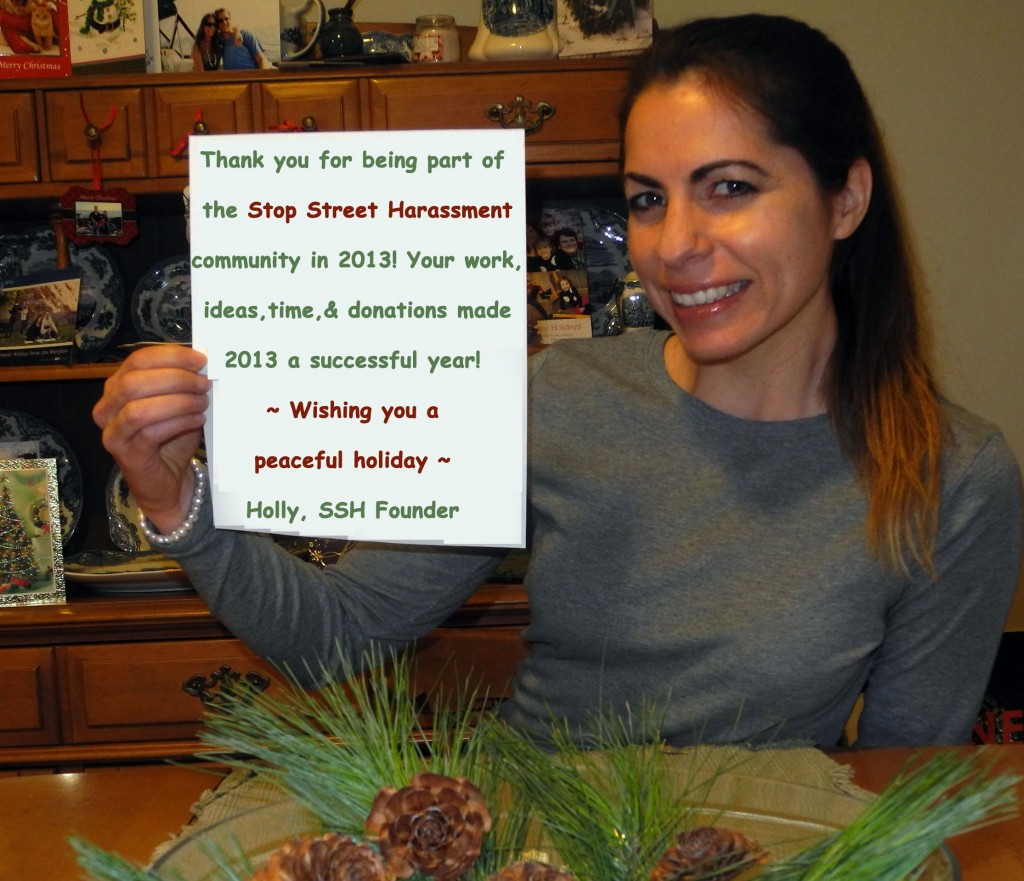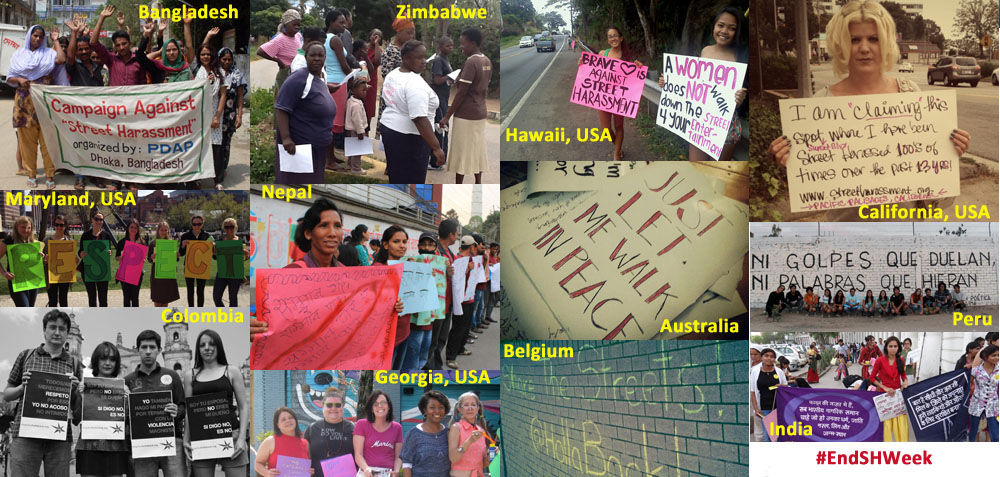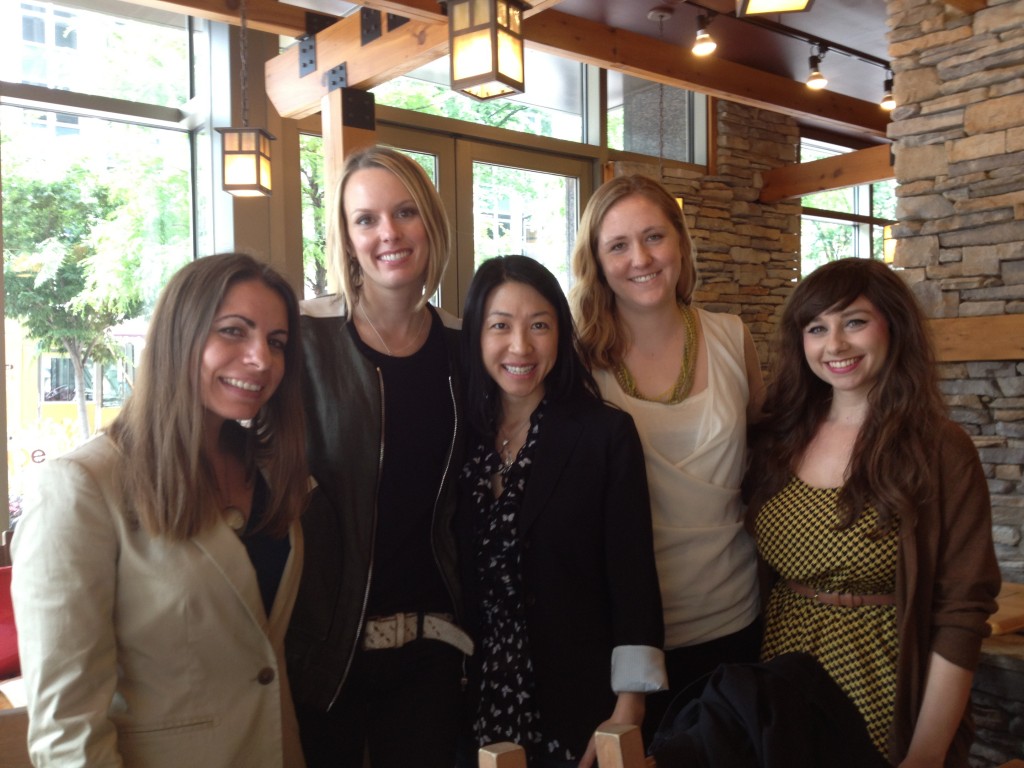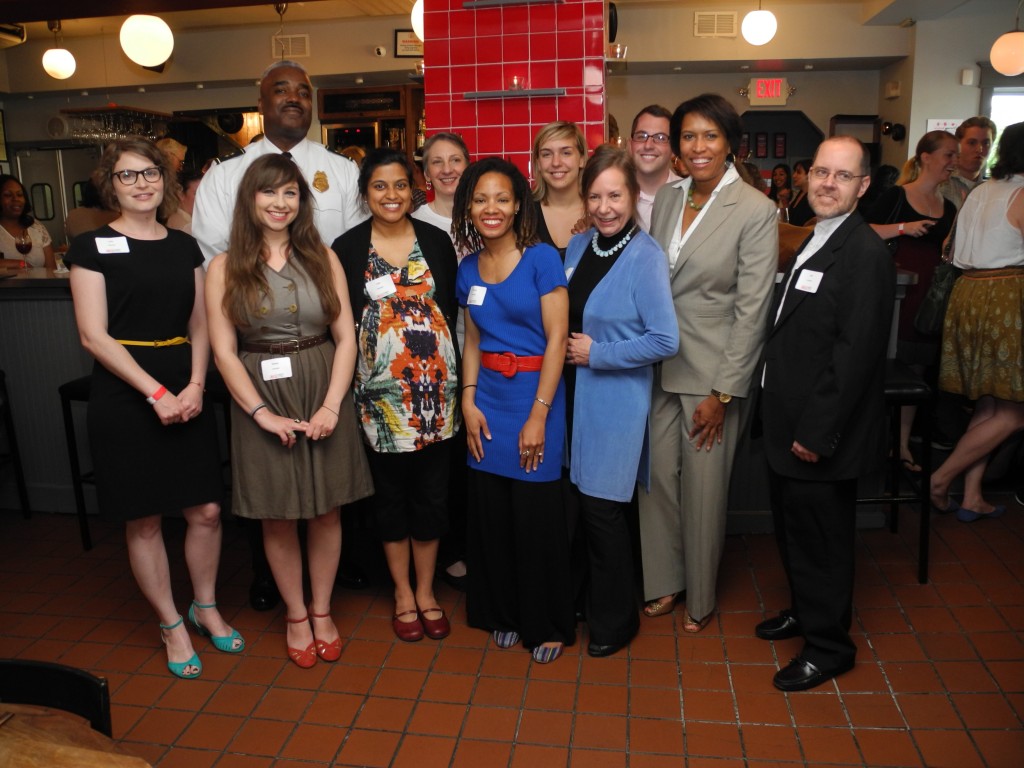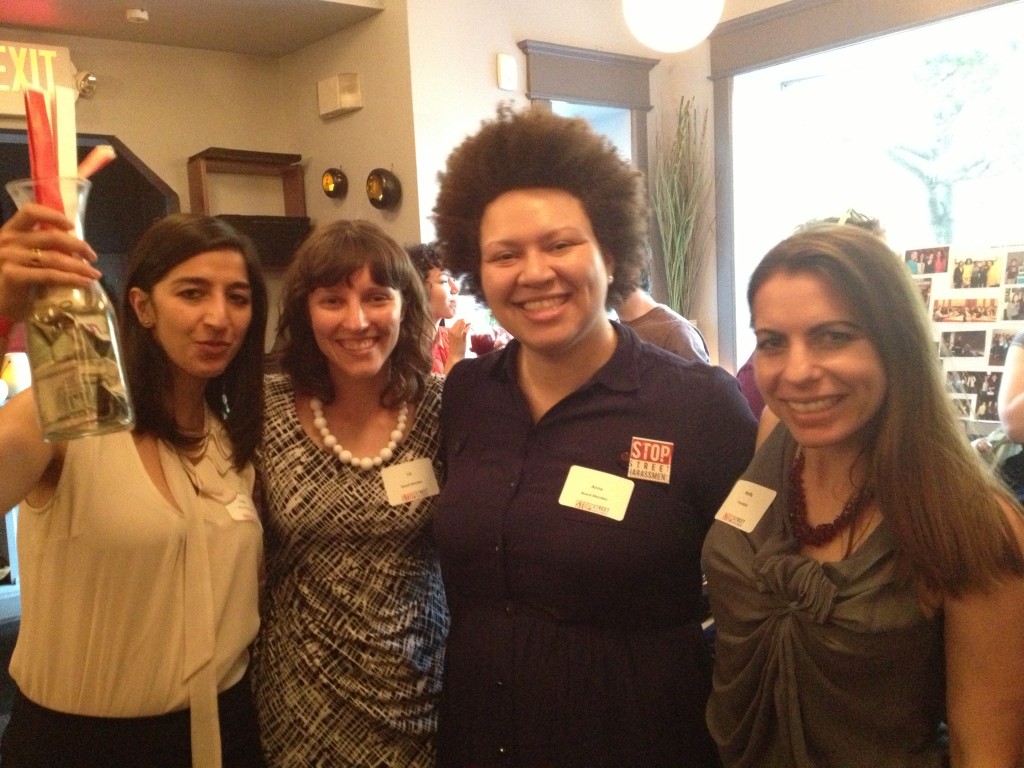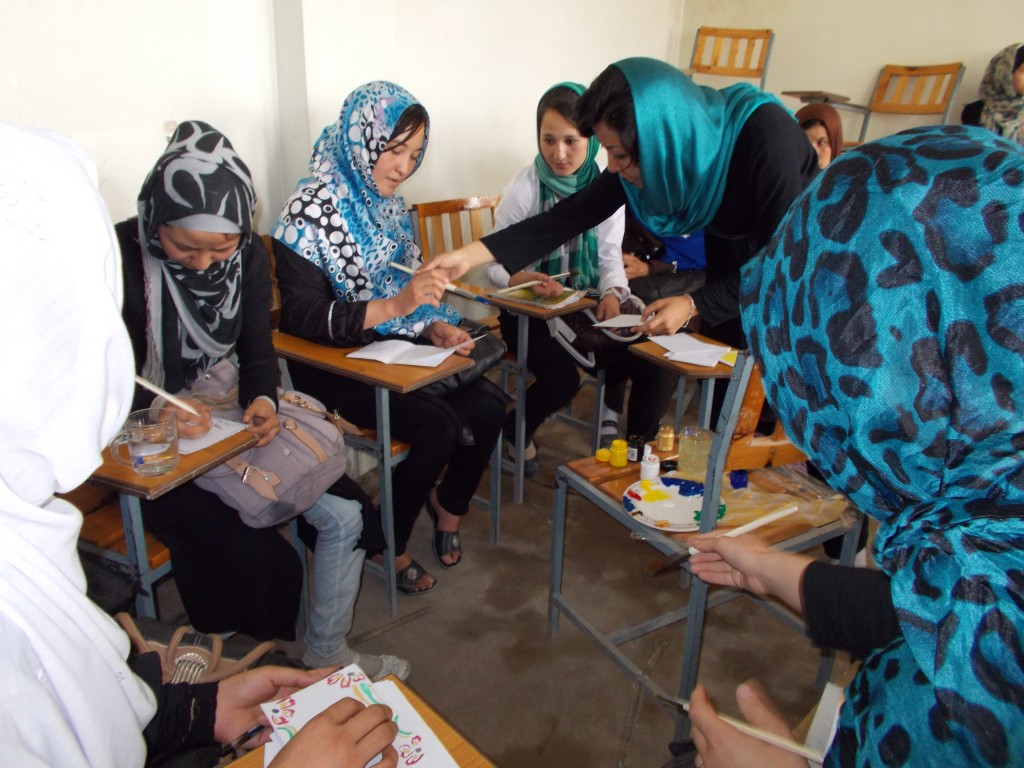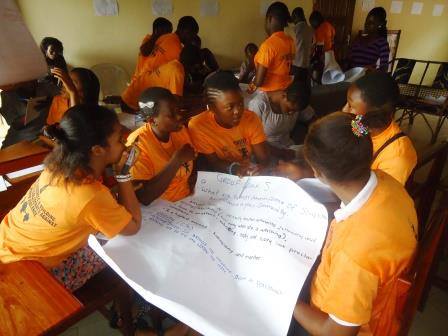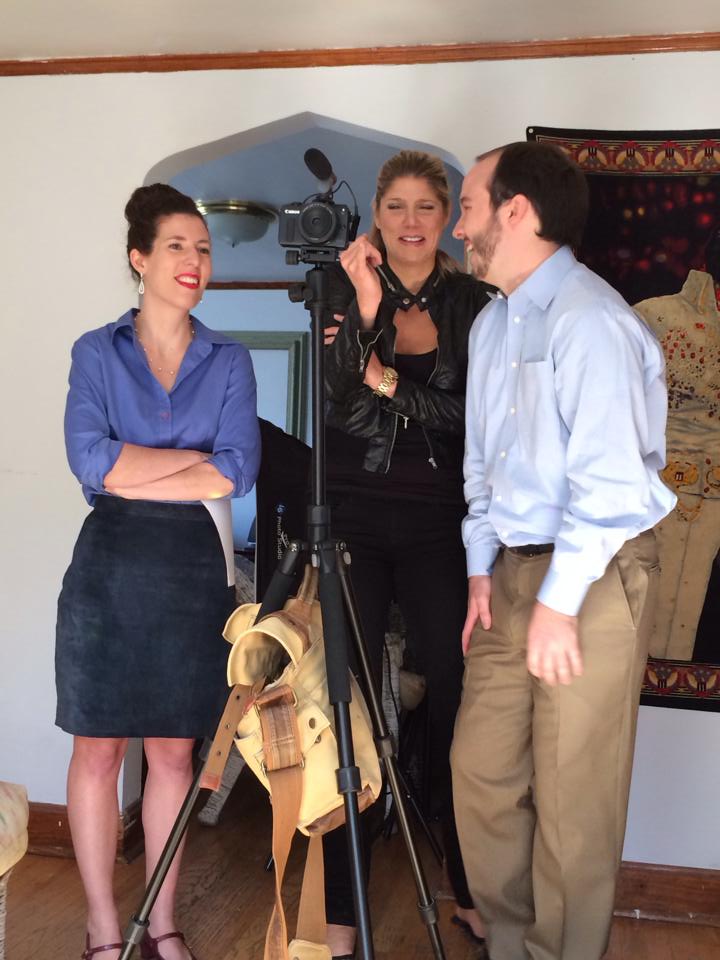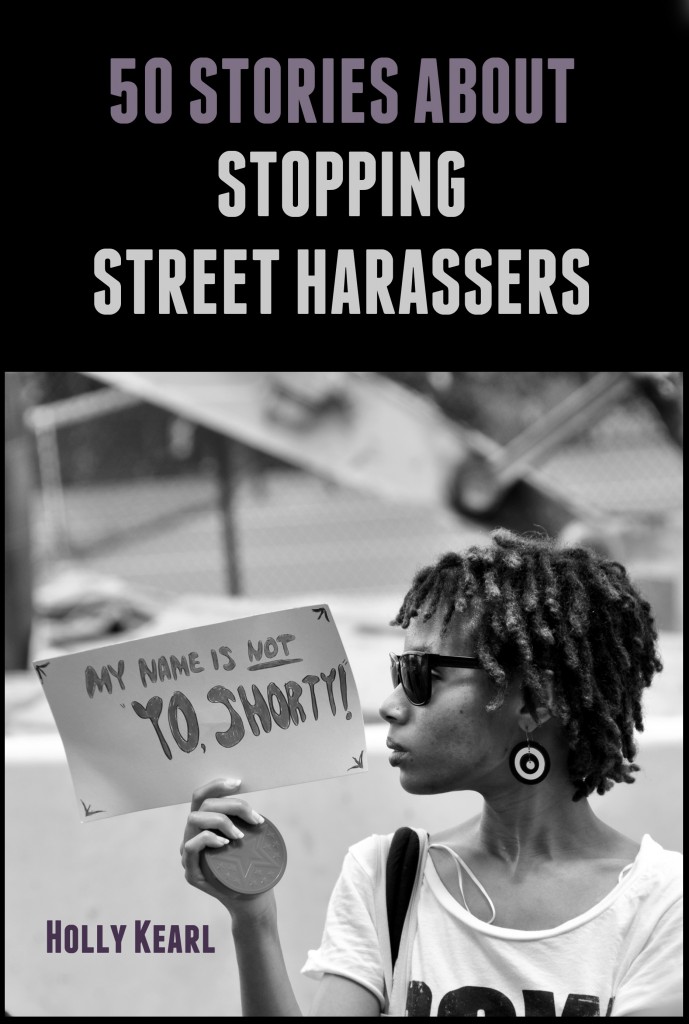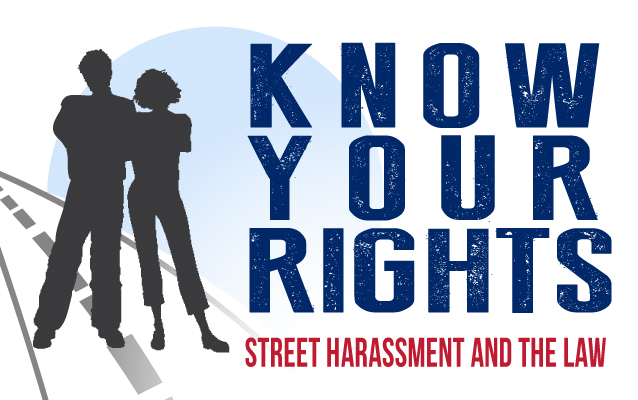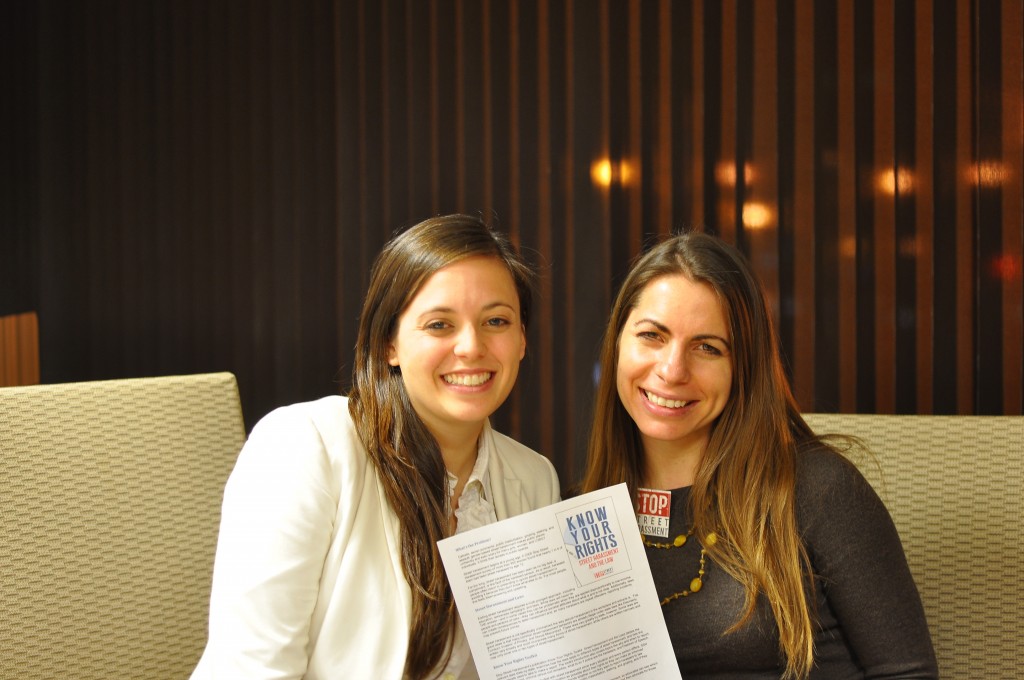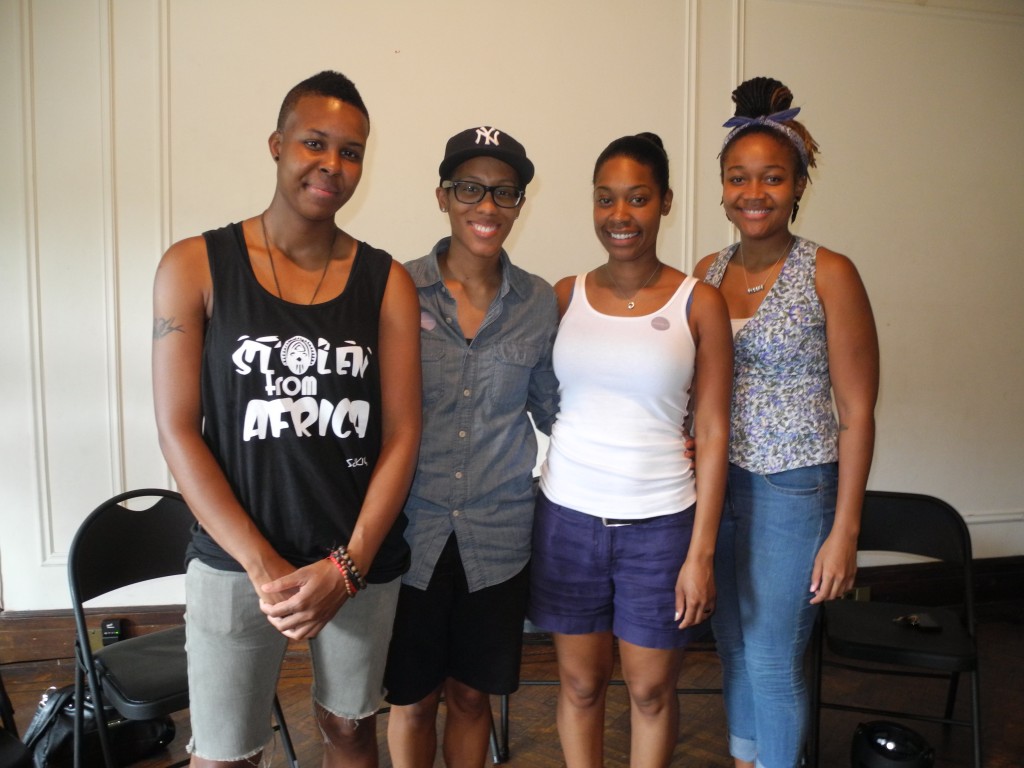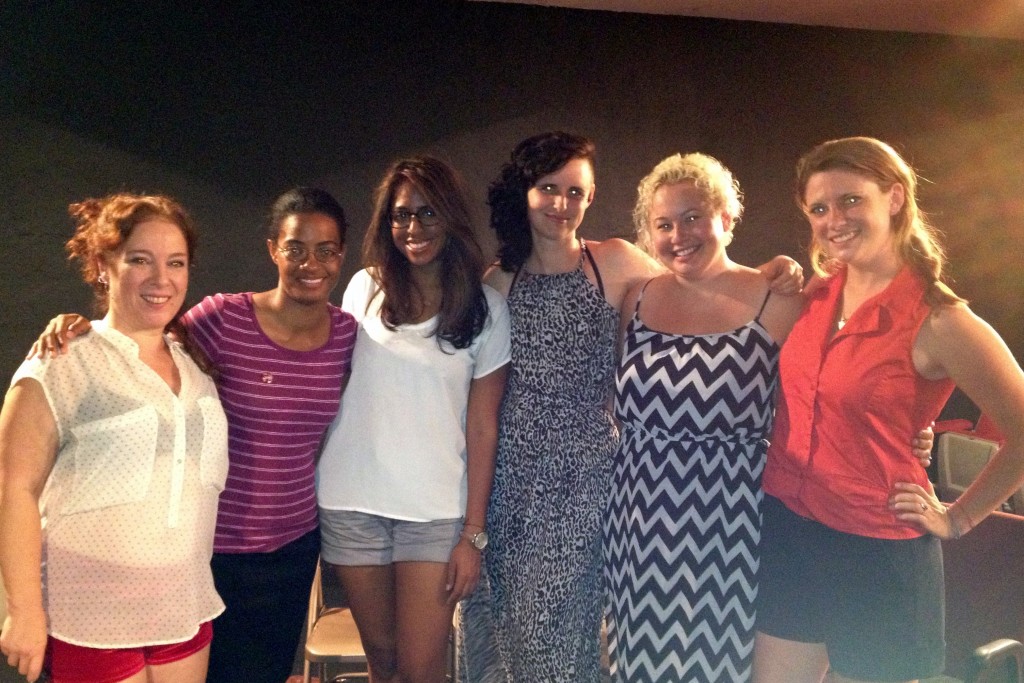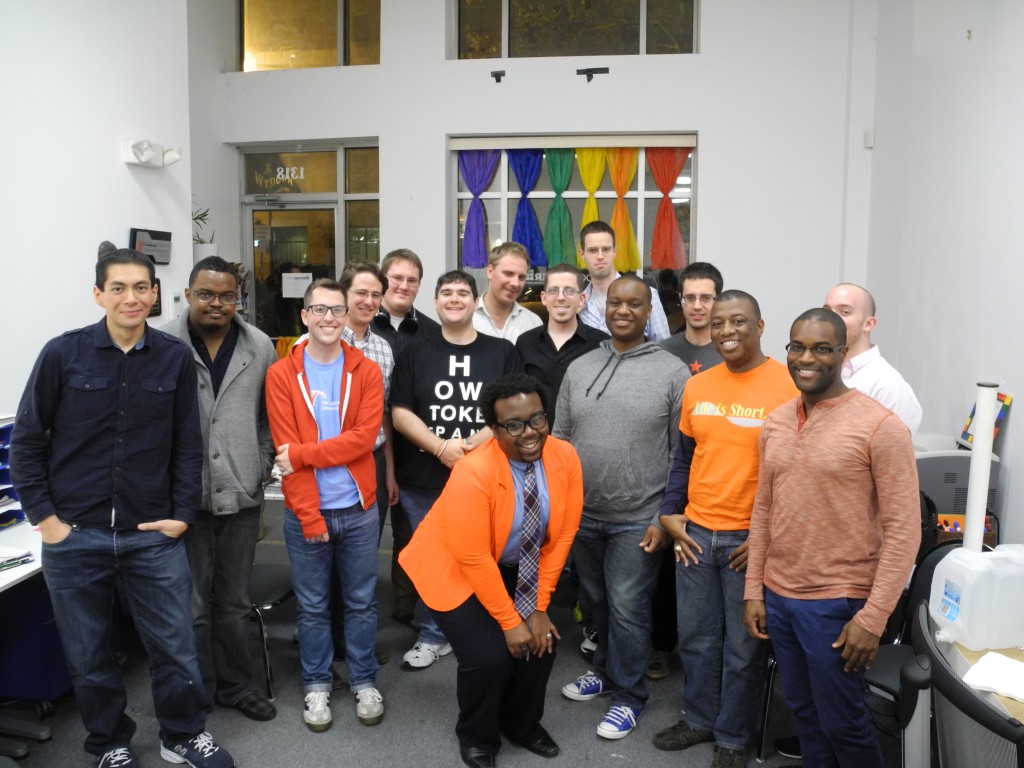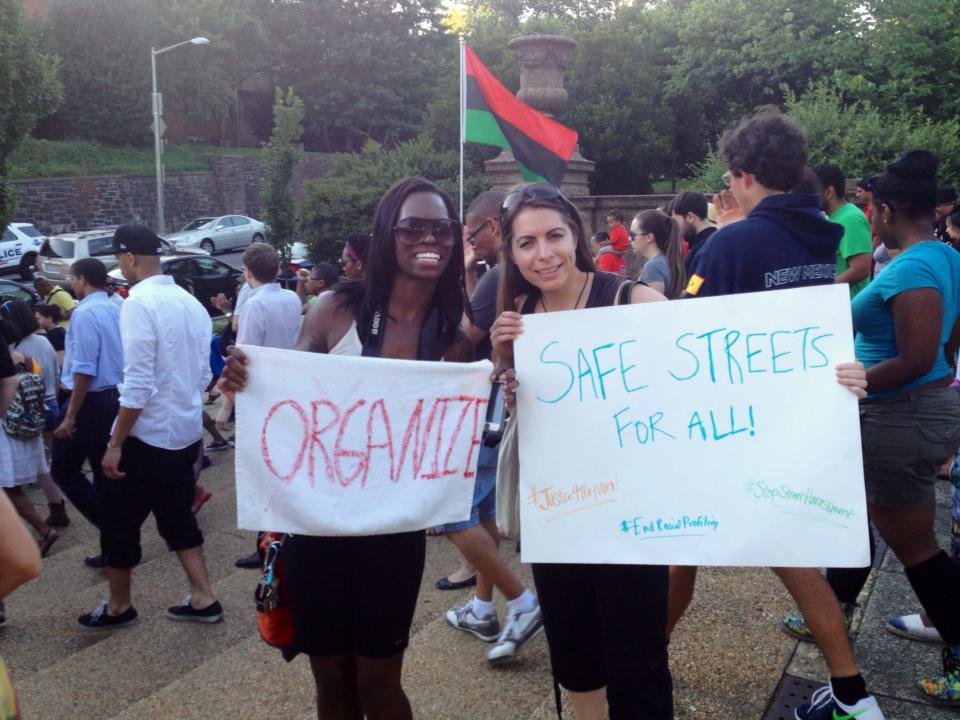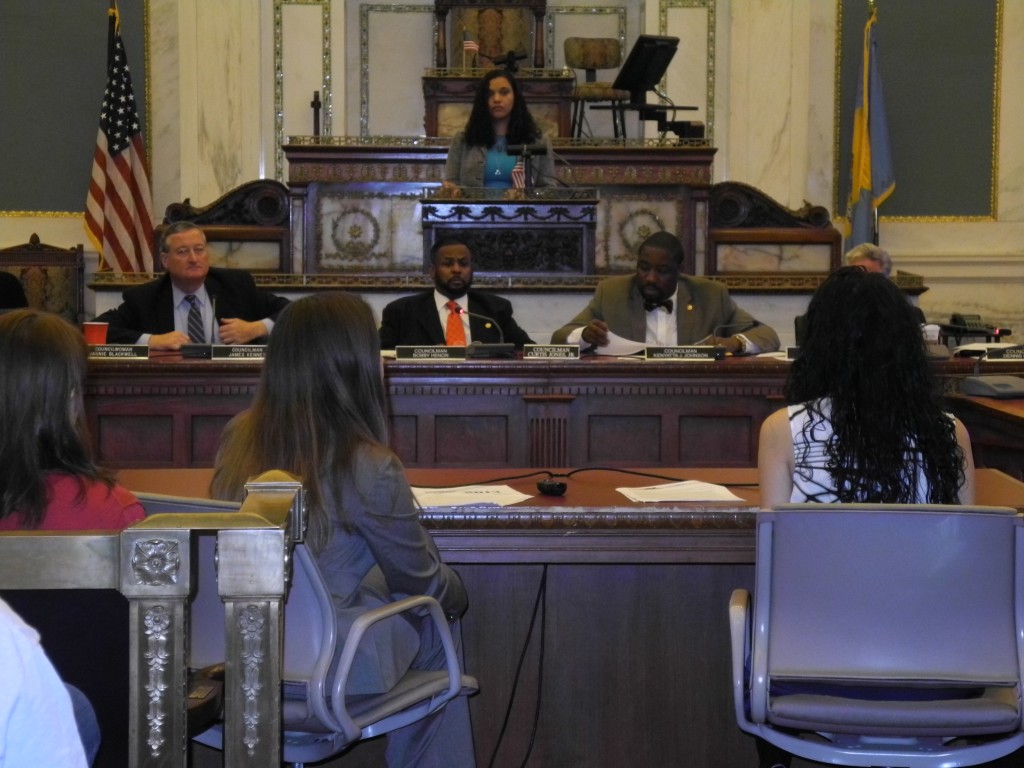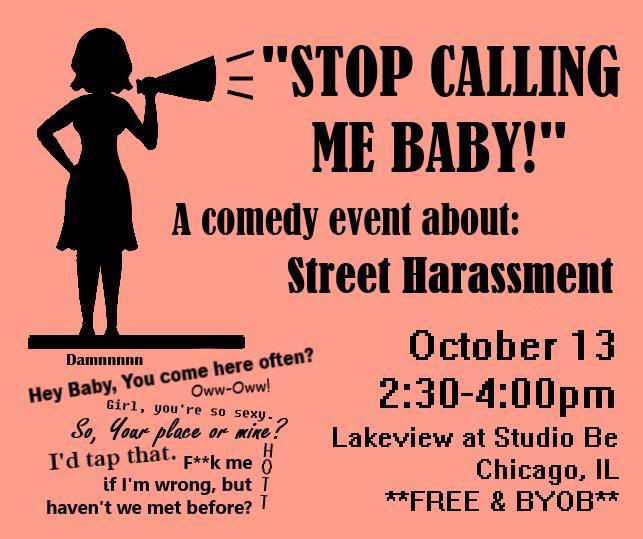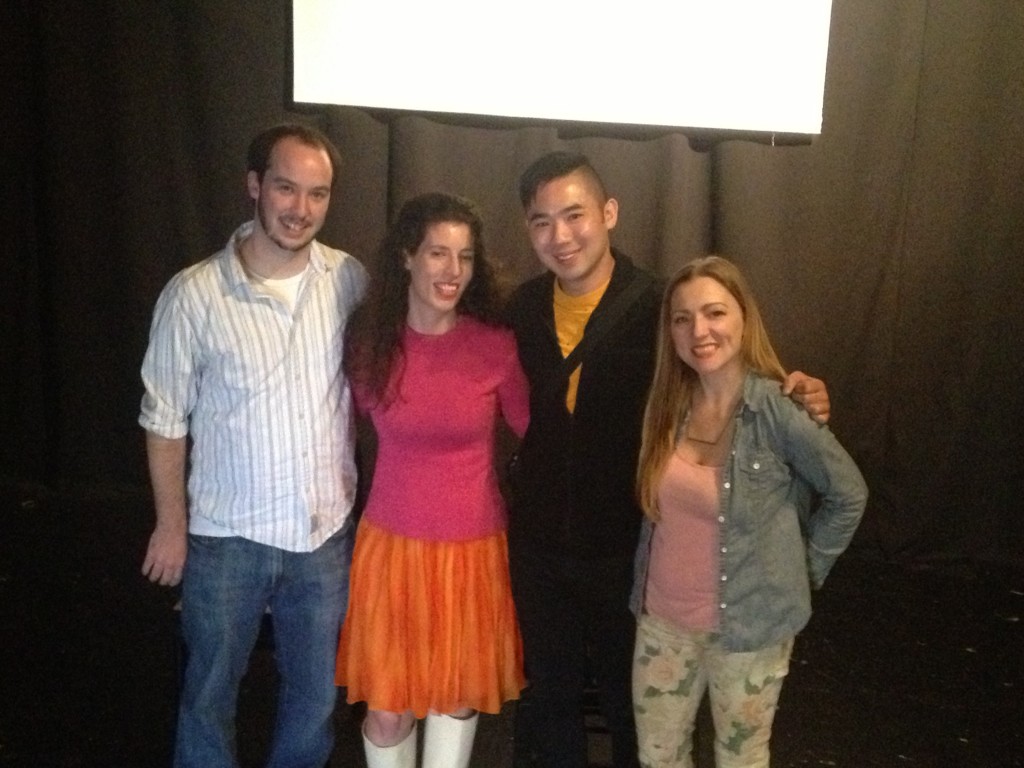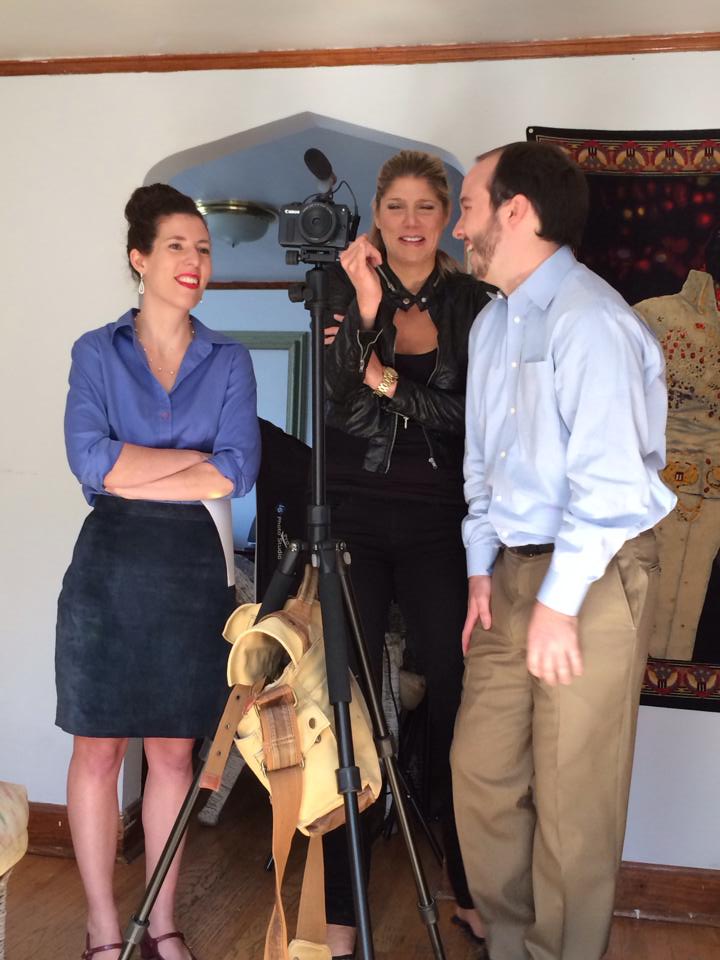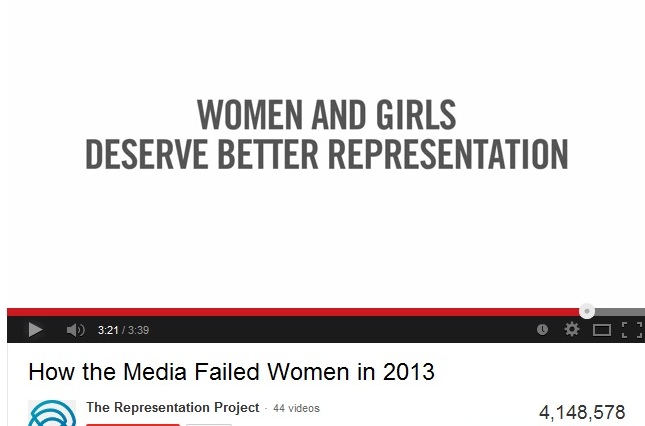 The movie industry is still primarily run and owned by rich white men and it shows, right?
The movie industry is still primarily run and owned by rich white men and it shows, right?
Generally women and girls are relegated to roles where they are to be looked at/desired or they are hell bent on getting a man. There are few roles for older women. Persons of color are often caricatures, stereotypes, and sidekicks, especially women of color. Apparently that’s how a lot of white men view us.
For this reason, I rarely go to the movies. Two of the few films I saw in theaters this year were “Fruitvale Station” and “Catching Fire.” On occasion, however, I watch movies about and written by white men for white men and I did last night when I watched “Anchorman 2” with my partner and two of his white male coworkers.
“Anchorman 2” had a few funny jokes, fewer than the first “Anchorman” film and the representation of women was way worse. Come on, did they really have to make Linda, the only black character, angry, sexually aggressive, and then apologetic to Ron Burgandy after he was racist at her family dinner?!? It wasn’t good on disability or animal rights either.
They also managed to make unfunny jokes about street harassment, sexual harassment, sexual assault, domestic violence, and murdering women. Is that some kind of record? Not only were they offensive but none of those jokes added to the plot line. I know they tried out tons of jokes during the script-writing and filming and I have a hard time believing that out of all of the jokes they must have tried out, those were the “best” ones for the film.
One of the worst moments for me was when news team sidekick Champ said (paraphrasing from memory), “Ron, do what men have been doing to women for thousands of years, hit her,” as the audience around me laughed. Ha ha ha, domestic violence is so funny. NOT.
I have a really hard time imagining these jokes would have happened if there were more women involved with the film, especially in roles of authority where they could decide what jokes stay or go.
Increasing gender equality and decreasing gender violence in our society is such a complex and multifaceted endeavor. One element of it is changing the normalization of sexism, racism, and gender violence in the media we consume. Having more women involved in media and having diverse roles for female characters could help make that happen.
Here are resources for creating that change in media:
* Geena Davis Institute on Gender in the Media
Check out their video about how the media failed women in 2013

